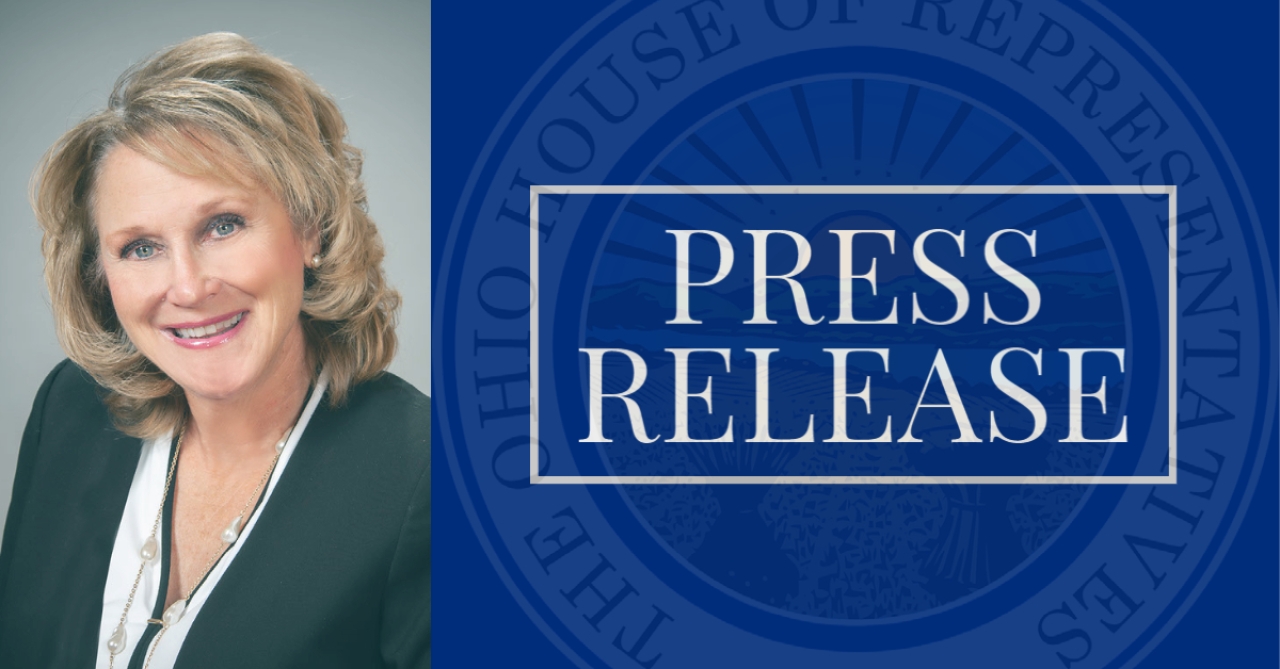Pavliga's Bipartisan Bill Addressing Opioid Crisis Approved by General Assembly

State Rep. Gail Pavliga (R-Portage County) announces bipartisan legislation addressing the opioid crisis was approved by the General Assembly on Wednesday. The legislation, under House Bill 193, requires Schedule II prescriptions to be completed electronically. Pavliga is a joint sponsor of the bill alongside State Rep. Al Cutrona.
“We originally passed this bill out of the House last year, deaths from the opioid crisis were high then and before the pandemic,” said Pavliga. “Sadly, since then we have discovered those numbers were on the rise by the end of 2021 and we need real solutions on this issue. If we can prevent any opioid deaths or overdoses from this bill, we will have taken a step in the right direction in addressing this ongoing epidemic.”
Under the legislation, Schedule II drugs will have to be prescribed through electronic means, except in certain circumstances. This will help reduce situations where individuals try to obtain Schedule II drugs from pharmacies with stolen or fraudulent scripts. Additionally, the bill provides a safe harbor provision for pharmacists.
Testimony during the committee process cited experiences with individuals providing pharmacies with suspicious or fraudulent scripts in order to illegally obtain these types of drugs.
Pavliga notes that nearly half the states around the country have enacted mandatory e-prescribing of Scheduled II drugs. Due to this, it would give Ohio the ability to connect with those states and learn what has worked and what modifications might need to be made.
Before the bill returned and was concurred on in the House chamber, the Senate added amendments including additional exceptions to the e-prescribing, requiring the Ohio-licensed physician who receives consultation from the out-of-state physician must have an established physician-patient relationship with the patient in consultation, and regarding home-like pediatric respite care programs.
The legislation now heads to the governor for consideration.








